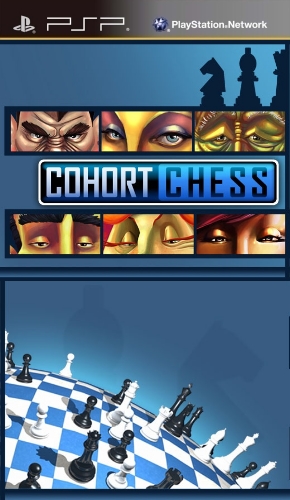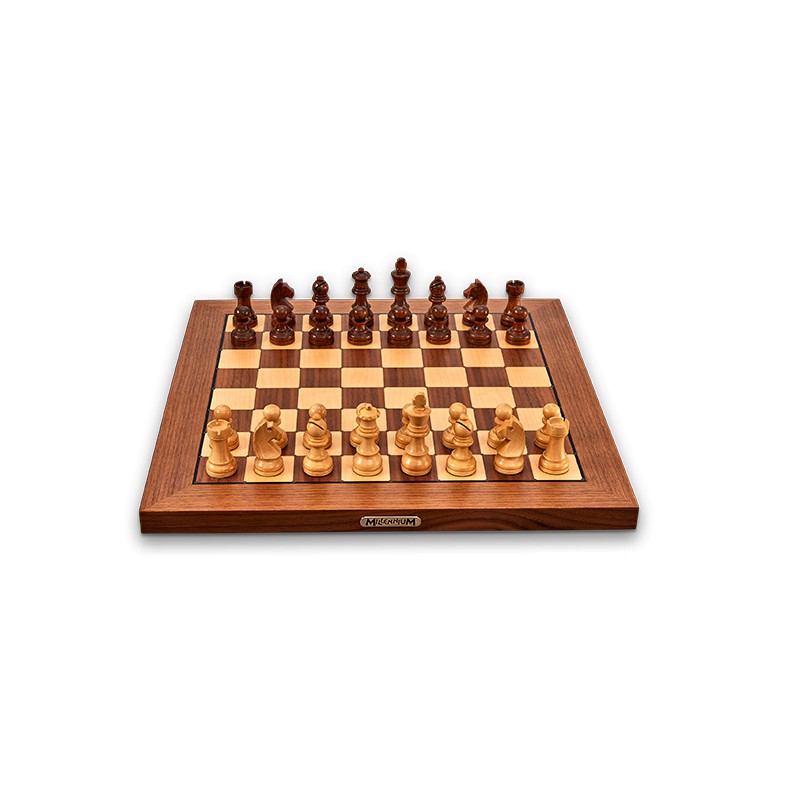

He said he did so for free and therefore did not consider it cheating. Malinin, who had points to spare, agreed to replay his game with Karjakin. “I believe it is possible that if I went to the effort, I think I could get my dog a grandmaster’s title.” Games Sold

“We have a dog called Pasquales,” said Nigel Short, the vice president of FIDE. None of this is lost on the sport’s frustrated leaders. “Match fixing,” she said, “is cheating.” Some hopefuls didn’t even have to play a game of chess to get the points they needed: Some tournaments, she said, took place only on paper. Shohreh Bayat, one of the leading arbiters in chess, describes such arrangements in the plainest terms. Mikhail Zaitsev, who achieved the rank of International Master and is now a chess coach, estimated that of the world’s roughly 1,900 living grandmasters, at least 10 percent have cheated one way or another to acquire the title. In a sport so wholly obsessed with status, title and rank, even selling a game could be accomplished for the right price. Far from prying eyes, secret agreements and cash exchanges to arrange results were not uncommon, according to interviews with chess players and FIDE officials. Many of its members acquired their grandmaster credentials in Crimea, at tournaments in places like Sudak and Alushta that were known as “norm factories” - where, for as little as $1,000, organizers would make sure players accumulated enough points for a norm.īut there were other, more subtle, ways to succeed, too. With little to keep them in Crimea - Karjakin’s parents had become street vendors to make ends meet in the ruins of the post-Soviet Union economy - the entire family moved with its chess-playing son. It invited Karjakin to join its ranks in the town of Kramatorsk, a rusty industrial wreck in Ukraine’s east. The Momot Chess Club, the country’s most prestigious chess school at the time, took notice.

Through talent and devotion he quickly developed into one of the most promising young players in Ukraine. Born in Simferopol, Crimea, in 1990, he was playing chess for six hours every day by the time he was 5 years old. Karjakin had worked his whole life toward this goal. The achievement would make the 12-year-old Sergei Karjakin a household name in chess. By becoming the youngest grandmaster, Karjakin would, in an instant, assume a title once held by Boris Spassky and Bobby Fischer, one that even world champions like Garry Kasparov and Magnus Carlsen had never earned. Karjakin kept pressing, but the game ended in a draw.įor Karjakin and his father, Aleksandr, the label held almost infinite promise. For nearly 60 moves, Karjakin posed subtle and challenging problems to Irina Semyonova, his opponent. Becoming the youngest grandmaster in history offered Karjakin a direct path to that world, a door to global acclaim and corporate sponsorships and invitations to the biggest tournaments - to the life that he and every prodigy, and, perhaps most of all, their parents dream about.īut first Karjakin had to win one last game.įor once, though, his skill did not appear to be enough. In chess, only the top 30 players can expect to build a proper career from the game. Karjakin was one of the rising talents in chess, a poised and accomplished boy of 12 years 7 months who was, at that moment, one victory from becoming the game’s youngest grandmaster. The opponent was the lowest-ranked player in the tournament. KYIV, Ukraine - Sergei Karjakin had only one game of chess left, and he had to win it.


 0 kommentar(er)
0 kommentar(er)
